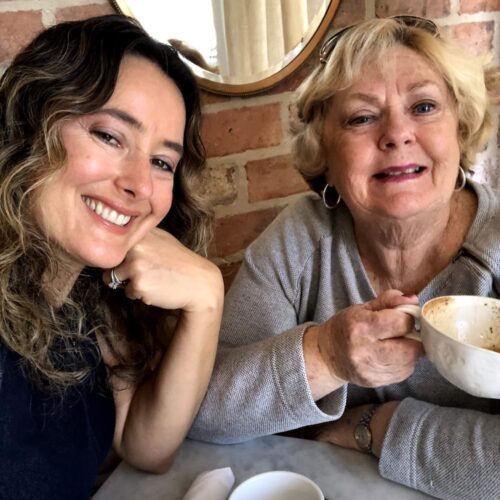
One day, I ran into a woman in my community whom I had met a couple times in the past. She didn’t acknowledge me or say hello. My first thought was she must not like me and I was insulted by her aloofness. I left the encounter feeling down in the dumps.
My brain invented a whole story as I reenacted our prior meetings. I must have said or done something wrong.
A couple months later, I saw her again. Once again, she acted as if we had never met before.
I was infuriated because I made it mean that I am not memorable, not likable and that she didn’t want to be my friend.
A couple of weeks later, I saw a post on her FaceBook page. She was celebrating 17 years since her major car accident in which she sustained a traumatic brain injury.
I had it all wrong.
In case you didn’t already know it, your brain is a storyteller. And its genre is fiction.
Our brains offer us BS and we MSU (make sh*t up) constantly.
Be on to your brain’s wild imaginings.
Start fact-checking it.
Because 99% of the stories our brains make up bear no semblance to reality.
Here are some of the tall tales we create:
-
The “horror stories,” replete with the worst-case scenario;
-
The “others have a more incredible life than me” kind of stories;
-
The “I know what others are thinking” kind of stories;
-
The “I can’t do it” kind of stories.
Why do we make things up?
As Brené Brown puts it in her book “Dare to Lead”: making up stories is what the human mind is designed to do. We have a need to make sense of something we do not fully understand, so we fill the information gaps with our own interpretations.
Byron Katie’s “The Work” offers a similar concept. She proposes to ask ourselves certain questions whenever we are assuming too much about a person’s intentions or a situation. We can find the truth through inquiry: “Is it true?” “Can I absolutely know this is true?
This Work leads to more self-awareness, helping us to question our brain and its false interpretations.
Here are some key things to remember when it comes to MSU.
Realize that:
-
Your brain is a master storyteller
-
You have the ability to question your thoughts/beliefs
-
You have the ability to direct your brain
-
You can communicate your made-up stories with sincerity. Be honest about what you’re thinking, phrasing it in a way that puts the onus on you: e.g., “My brain is telling me that you don’t care about me because you didn’t accept my invitation to have dinner.”
-
You don’t have to take anything personally. Nothing anyone says or does is because of you.
-
Even if what you’re thinking is, in fact, true, it most likely doesn’t serve you to think it.
Questioning our unexamined thoughts is powerful and necessary. And the best part is, it will eliminate so much unnecessary suffering in our lives.
All it requires is awareness and the desire to live in the spirit of truth, rather than MSU.
“For God did not give us a spirit of timidity or cowardice or fear, but [He has given us a spirit] of power and of love and of sound judgment and personal discipline (abilities that result in a calm, well-balanced mind.)
Want help? I am here for you. Click here for a complimentary coaching session.



